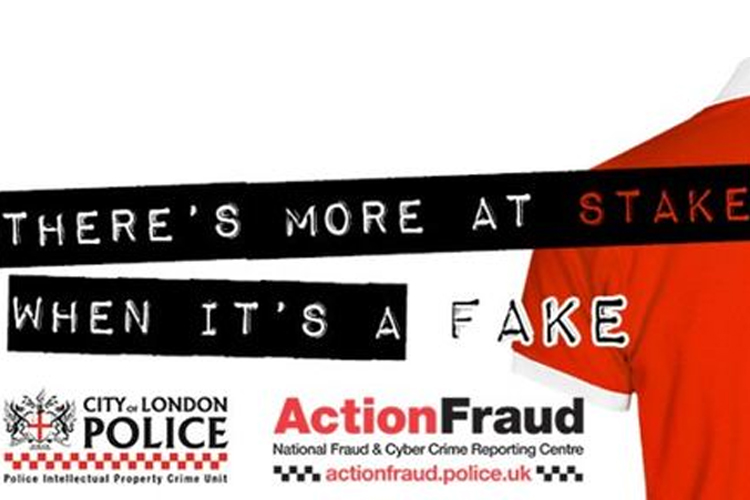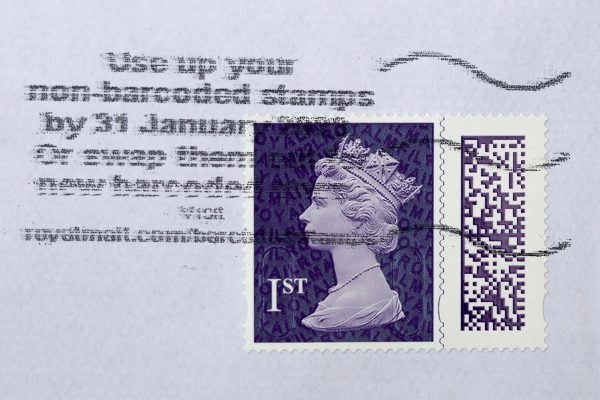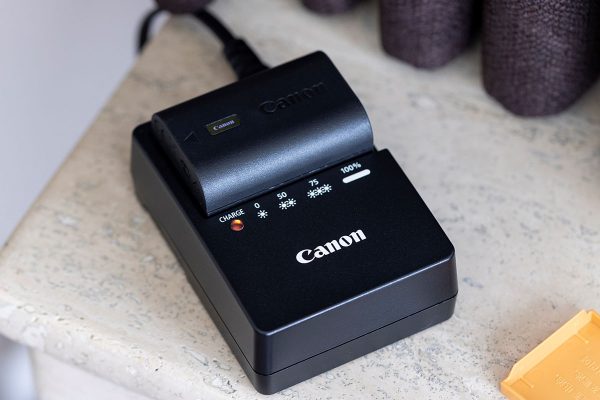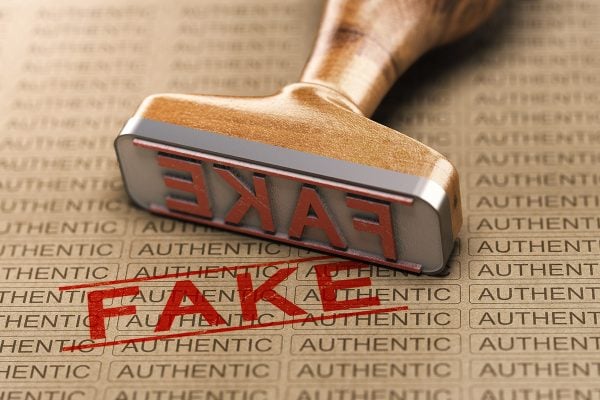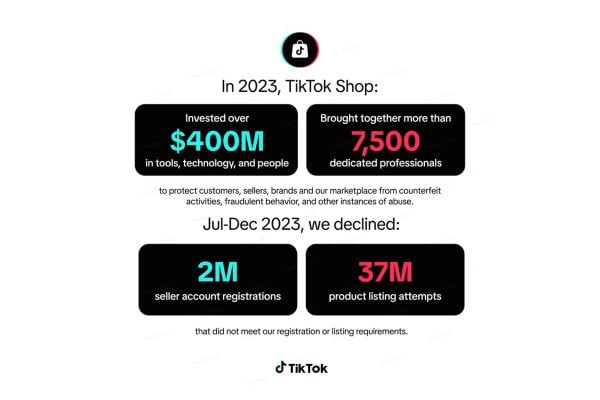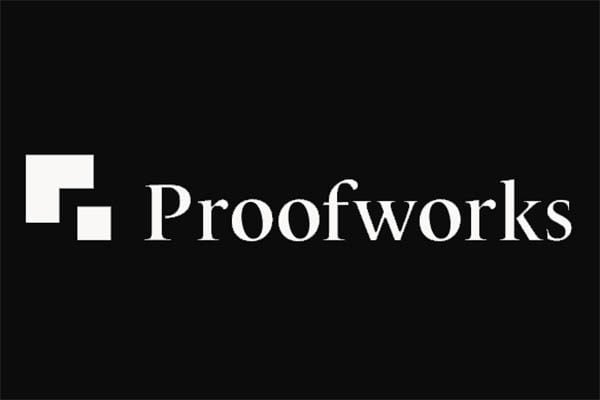The City of London Police’s Intellectual Property Crime Unit (PIPCU) have shut down more than 28,000 fake websites selling counterfeits in the past three years. They have now launched an awareness campaign today which warns the public that ‘there’s more at stake when it’s a fake’.
The campaign highlights the many consequences of buying counterfeit goods online. One of the main consequences of buying counterfeit goods on websites, social media and online is identity crime. When buying items, people will part with personal details such as their address and financial information.
Fake websites selling counterfeits don’t just steal from consumers, they damage trust in ecommerce as a whole and make business harder for legitimate businesses as well as stealing potential sales that you could have had. It’s a massive problem and making a purchase could cost you more than just the money you spend – getting your personal details allows fraudsters to set-up new websites selling counterfeit goods in your name.
Out of the 28,000 websites taken down, there were over 4,000 websites selling counterfeits registered using stolen identities of the UK public. 400 individuals are believed to have had their identity stolen and used in setting up criminal websites after they had previously purchased counterfeit items online.
Case study: Emily
Emily, a teacher from Essex, unknowingly purchased bridesmaids shoes from a counterfeit goods website. This led to her identity being compromised and fake websites being set up in her name. A video of Emily telling her story is available here.
“Although no funds had been taken out of my bank account, it was very stressful and frustrating to learn that my personal details had been compromised. After the incident, I was left feeling scared and vulnerable; I have a little girl whose safety I feared for, as these criminals had details of where I live. I am also a teacher, and I feared that my job would be compromised if I was seen to not be upholding the law and acting with integrity.
I think of myself as someone who is ‘tech savvy’ and so I was horrified when I discovered that I had been scammed. This goes to show that anyone can become a victim of this, no matter what walk of life they are from.”
– Emily
PIPCU advice on ‘How to shop safely’
-
Trust your instincts
If an offer looks too good to be true, then it probably is. Legitimate designer items are rarely discounted, so do not rush and be fooled into believing you are getting a good deal.
-
Check the spelling and grammar on the website and of the URL
Often the people behind these sites will try to deceive you by slightly changing the spelling of a well-known brand or shop in the website address.
-
Look to see where the trader is based and whether they provide a postal address
Just because the web address has ‘uk’ do not assume the seller is based in the UK. If there is no address supplied or there is just a PO Box or email, be wary.
-
Only deal with reputable sellers and only use sites you know or ones that have been recommended to you
If you have not bought from the seller before, do your research and check online reviews. People will often turn to forums and blogs to warn others of fake sites.
-
Ensure the website address begins ‘https’ at the payment stage
This indicates a secure payment.
-
Keep security software and firewalls up-to-date.
-
Ask the trader if there is a returns policy or guarantee.
Most rogue traders will not offer this.
-
Watch out for pop-ups
If a pop up appear asking you to confirm your card details before you are on the payment stage something is wrong. Never enter your PIN online.
